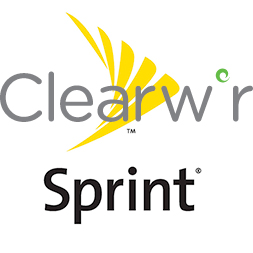Sprint today announced that it has arranged an agreement with Clearwire to buy out the remainder of the smaller company for $2.2 billion, or $2.97 per share. The final price is at the top of the reported ceiling put on the total cost of the acquisition reportedly placed on the deal by SoftBank’s chairman. SoftBank’s 70 percent investment in Sprint made the deal possible, and this arrangement will be contingent on the successful closing of the SoftBank one going through, which should take place around mid-2013.
Sprint also takes on Clearwire’s net debt and spectrum lease obligations, which themselves total $5.5 billion. In a press release detailing the news, Sprint notes that the price paid per share is 128 percent over the closing share price of Clearwire before SoftBank and Sprint revealed their own plans, and 40 percent above the stock price ahead of Sprint’s first declaration of any interest in Clearwire. A report last week had found that Clearwire investors might find the $2.97 per share ceiling SoftBank had apparently set too low, but in the end it looks like it was enough to convince the remaining 50 percent or so of Clearwire stakeholders to sell their interest.
Sprint received the support of the remaining major owners of Clearwire stock, including Comcast, Intel and Bright House Networks, which together owned 13 percent of the company. As part of the arrangement, Clearwire also gets access to $800 million in additional financing options through exchangeable notes, which Sprint will provide through an agreement to purchase $80 million worth of them beginning in January, depending on whether certain conditions are satisfied.
For its part, Sprint gets access to Clearwire’s considerable 2.5 GHz spectrum assets, and Clearwire can continue building out its TD-LTE network, which while operating differently than Sprint’s own LTE network, will provide the carrier with broader next-generation network coverage, a key tool in keeping it competitive with the other major U.S. carriers, AT&T and Verizon.
